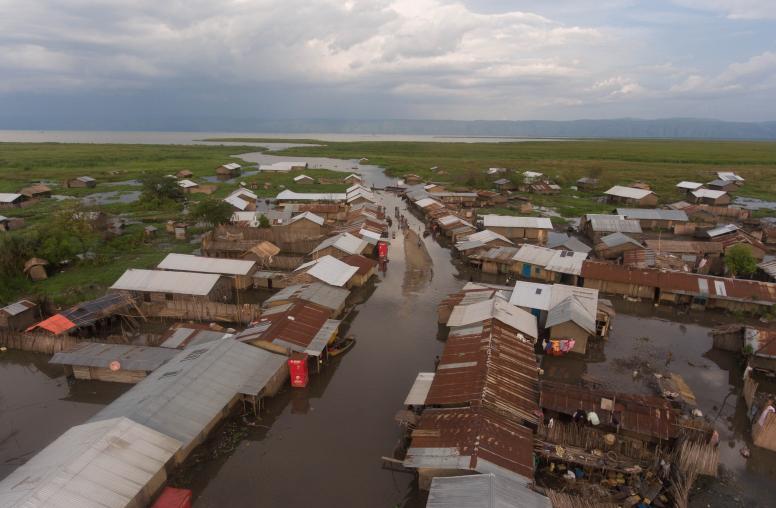Understanding Career Foreign Fighters
Examining how career foreign fighters can impact current conflict dynamics to help future prevention efforts
Understanding and addressing the foreign fighter phenomenon, particularly the wave of foreign fighters that joined violent extremist groups in Iraq and Syria, has become a key policy priority in recent years. Currently, research focuses on why individuals travel outside of their home countries to join armed groups, as well as the prospective security threat they pose after they return. But what about those who do not return but go on to join new groups or new wars?
A RESOLVE Network Research Report, “Career Foreign Fighters: Expertise Transmission Across Insurgencies,” examines this question and explores how policymakers can incorporate lessons learned into future prevention efforts.
On May 26, USIP hosted a virtual conversation with the report’s authors to explain their findings and share insights on the unique challenges that career foreign fighters pose, what we know about their “career” trajectories, their impact in local conflicts, and the implications for current policy and programmatic challenges. They also highlighted recommendations for future efforts to address violent extremism and conflict and to prevent conflict careerists based on their pioneering study.
Speakers
Leanne Erdberg Steadman, introductory remarks
Director of VE, USIP and Interim Executive Director, RESOLVE Network
Chelsea Daymon
PhD candidate, American University; Associate Fellow, Global Network on Extremism & Technology
David Malet
Associate Professor of Public Affairs, American University; RESOLVE Research Advisory Council Member, RESOLVE Network
Jeanine de Roy van Zuijdewijn
Researcher, Institute of Security and Global Affairs, Leiden University; Research Fellow, International Centre for Counter-Terrorism – The Hague
Colin P. Clarke, moderator
Senior Research Fellow, The Soufan Center; RESOLVE Research Advisory Council Member, RESOLVE Network



